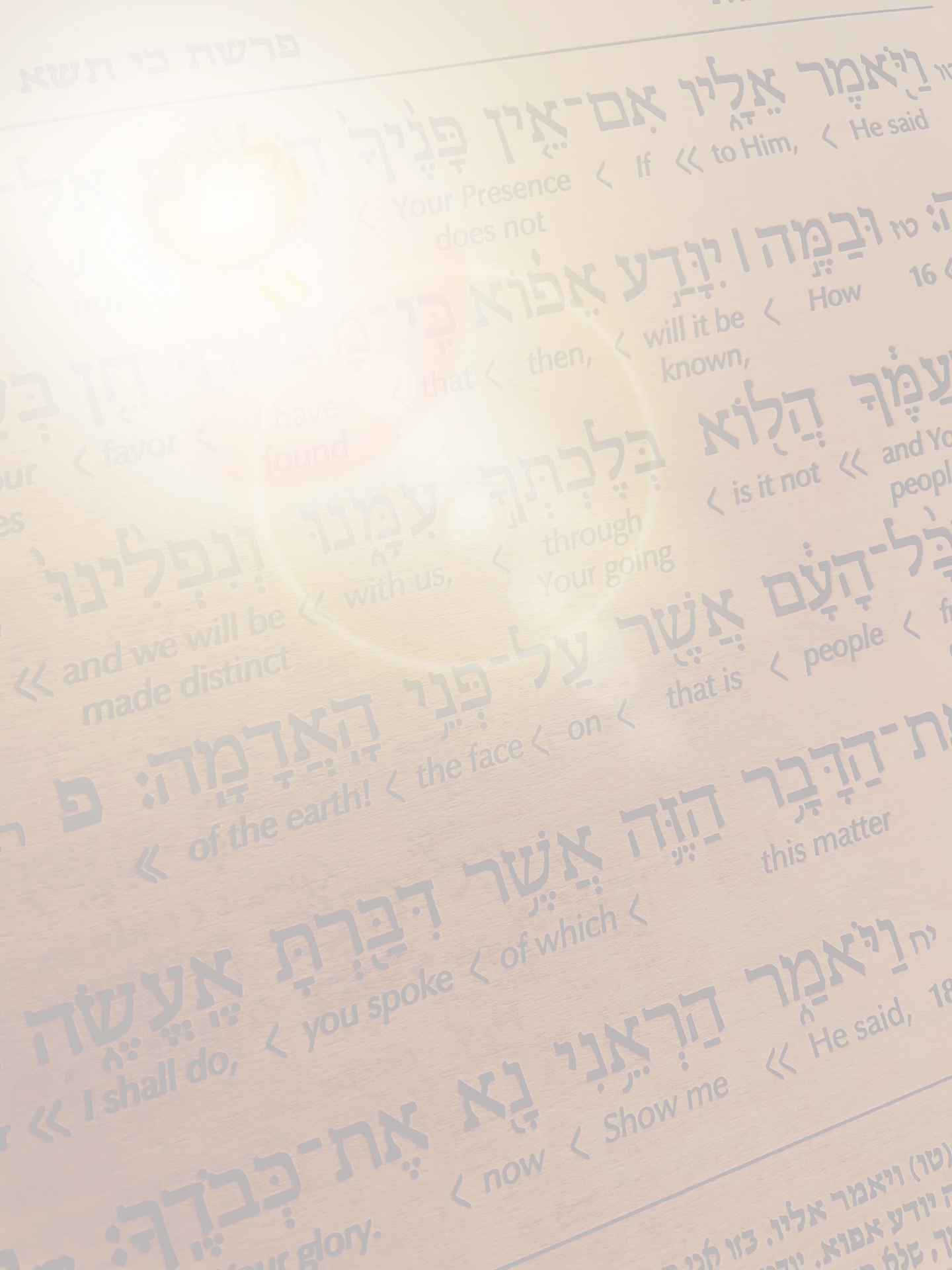

About the Course
CORE COURSE
This course focuses on study of foundational concepts of U.S. Government and its social movements. As Torah-observant Jews, we are commanded not to get involved with politics as spiritually we are to be above such matters. However, it is important for us to understand how the government functions and what our rights are within the American system.
First Semester
Unit 1: Introduction to U.S. Government (Weeks 1–3)
Week 1: What is Government? Understanding the Purpose and Importance of Government.
Week 2: Types of Government Systems: Democracy, Republic, Monarchy, and Dictatorship.
Week 3: The Role of Government in Society: How Government Affects Daily Life.
Unit 2: The U.S. Constitution and Founding Documents (Weeks 4–9)
Week 4: The Declaration of Independence: Origins, Structure, and Key Ideas.
Week 5: The Articles of Confederation and Its Weaknesses.
Week 6: The Constitutional Convention and the Birth of the U.S. Constitution.
Week 7: Structure of the Constitution: Preamble, Articles, and Amendments.
Week 8: The Bill of Rights: A Deep Dive into the First Ten Amendments.
Week 9: Hands-on Project: Constitutional Debate or Mock Constitutional Convention.
Unit 3: Branches of Government (Weeks 10–14)
Week 10: Overview of the Three Branches: Separation of Powers and Checks and Balances.
Week 11: The Executive Branch: Powers of the President, Vice President, and Cabinet.
Week 12: The Legislative Branch: Structure, Powers, and Function of Congress.
Week 13: The Judicial Branch: The Federal Court System and the Role of the Supreme Court.
Week 14: Hands-on Project: Separation of Powers Role-Play or Simulation.
Unit 4: The Political System (Weeks 15–19)
Week 15: Introduction to Political Parties: The Two-Party System and Third Parties.
Week 16: Elections and Voting: The Electoral College, Voting Rights, and the Voting Process.
Week 17: Campaigns and Political Advertising: How Campaigns Shape Public Opinion.
Week 18: The Role of Interest Groups and Lobbyists in U.S. Politics.
Week 19: Hands-on Project: Mock Election or Campaign Simulation.
Second Semester
Unit 5: Civil Liberties and Civil Rights (Weeks 20–24)
Week 20: Civil Liberties and the Bill of Rights: Freedom of Speech, Religion, and Assembly.
Week 21: Landmark Supreme Court Cases: Brown v. Board, Roe v. Wade, and Miranda v. Arizona.
Week 22: Civil Rights Movements
Week 23: The Balance Between Individual Rights and National Security (e.g., Patriot Act).
Week 24: Hands-on Project: Research and Presentation on a Landmark Supreme Court Case.
Unit 6: State and Local Government (Weeks 25–28)
Week 25: Structure of State Government: Governors, Legislatures, and State Courts.
Week 26: Local Government: Mayors, City Councils, and County Governments.
Week 27: Key State and Local Issues: Education, Law Enforcement, and Healthcare.
Week 28: Hands-on Project: Attend a Local Government Meeting or Research a Local Issue.
Unit 7: Public Policy and Political Activism (Weeks 29–33)
Week 29: What is Public Policy? How Policies Are Made and Implemented.
Week 30: Major Public Policy Issues: Healthcare, Immigration, and Gun Control.
Week 31: Grassroots Activism: How Citizens Can Influence Policy.
Week 32: Advocacy Groups and Political Action Committees (PACs): Their Role in Public Policy.
Week 33: Hands-on Project: Research and Develop a Public Policy Proposal.
Unit 8: International Relations and Foreign Policy (Weeks 34–37)
Week 34: U.S. Foreign Policy: Key Concepts, History, and Goals.
Week 35: U.S. Involvement in International Organizations (UN, NATO, World Trade Organization).
Week 36: Case Study: U.S.-Israel Relations and the Middle East Peace Process.
Week 37: Diplomacy and International Conflict: Case Studies (e.g., Cold War, War on Terror).
Week 38: Hands-on Project: Model UN or International Relations Debate.
Unit 9: Current Events and Civic Engagement (Weeks 38–39)
Week 38: Understanding Current Political Events: Government in Action Today.
Week 39: Civic Engagement: How to Be an Informed and Active Citizen.
Week 40: Culminating Project: Research and Action on a Civic Issue (Community Volunteering or Policy Proposal).
Assessment Methods:
Written Assignments: Essays, research papers, and reflections on key topics.
Debates and Presentations: Discussions on civil rights, policy issues, or international relations.
Hands-on Projects: Mock elections, role-play simulations of government functions, and policy proposal development.
Final Project: A civic engagement project or policy proposal demonstrating understanding of U.S. government.


